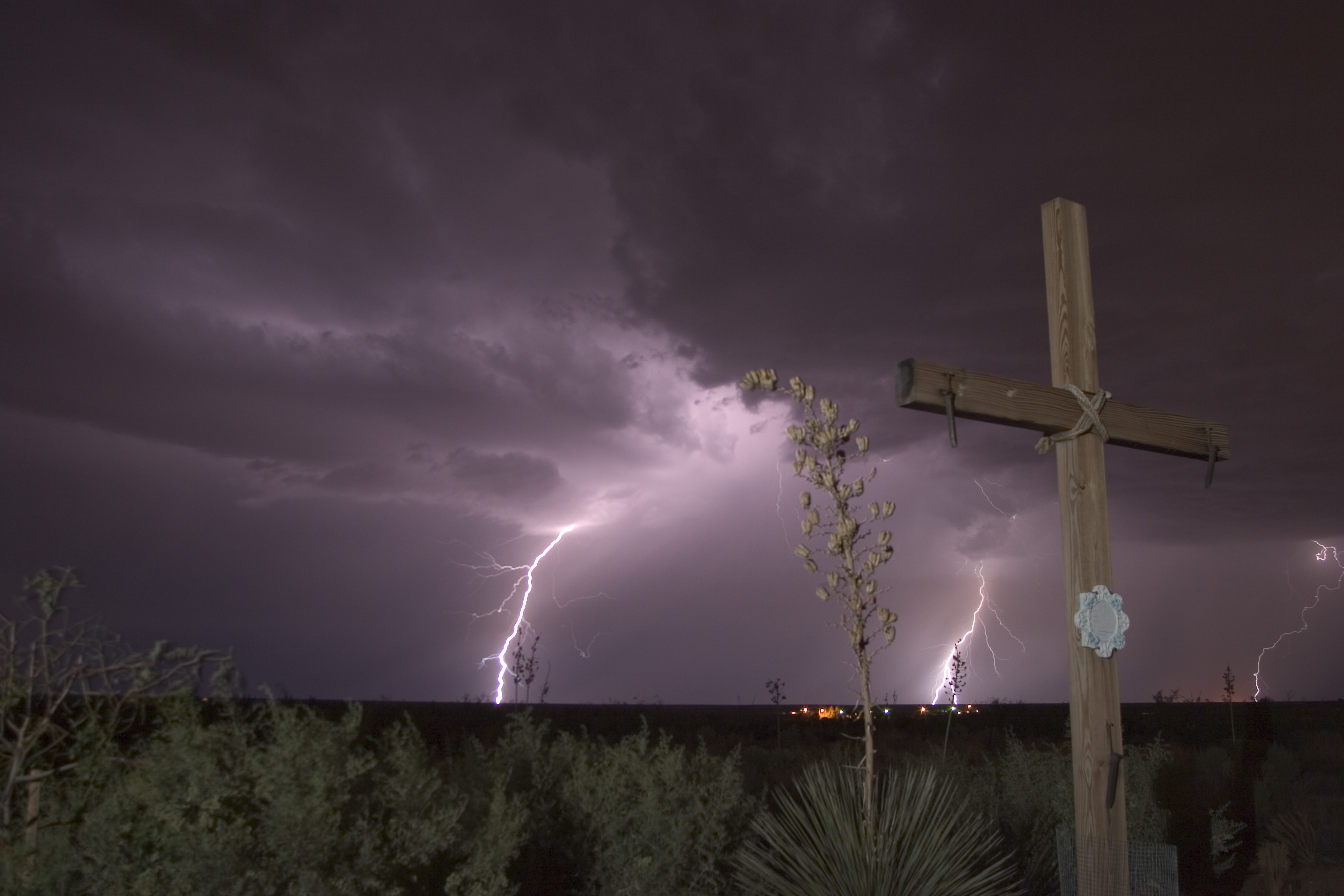The Widow and the Judge: A Reflection by David Morrison
Gospel Reading:
Then Jesus told them a parable about their need to pray always and not to lose heart. He said, ‘In a certain city there was a judge who neither feared God nor had respect for people. In that city there was a widow who kept coming to him and saying, “Grant me justice against my opponent.” For a while he refused; but later he said to himself, “Though I have no fear of God and no respect for anyone, yet because this widow keeps bothering me, I will grant her justice, so that she may not wear me out by continually coming.” ’ And the Lord said, ‘Listen to what the unjust judge says. And will not God grant justice to his chosen ones who cry to him day and night? Will he delay long in helping them? I tell you, he will quickly grant justice to them. And yet, when the Son of Man comes, will he find faith on earth?’
-Luke 18:1-8
Reflection:
Parables are insurrectionary stories that speak truth not only to “the powers,” but to the secret places of complacency and conformity in our own hearts. The stories are meant to be accepted easily by the listener and then once our consent is given to them, they begin the work of undermining our cultural, religious, and individualistic assumptions that we have propped up as unquestionable absolutes. If their work of transforming truth continues in our lives, we often find our world views collapsing like carefully stacked houses of cards, and we’re left with a void with which reality can form a new world view in us. Jesus called reality, “the kingdom of heaven.”
A conventional interpretation of Jesus’s parable of the “persistent widow and the unjust judge” might erroneously lead one to think that we need to supplicate God for answers to prayer because he’s somehow reluctant to grant them. However, a contemplative reading of the parable suggests that the “unjust judge” is the world’s system of power, wealth, and influence and everything in our lives that are complicit with that system. We, ourselves are the unjust judge, and the kingdom of God is the persistent widow. On a personal level, the kingdom of God is constantly tapping on the doors and windows of our consciences that wish to be left alone. Our own egos will often use faith as “white noise” to mask the irritating knocking of the living Christ on the closed doors of our hearts. In the gospel tradition, it’s always the religious—those who are “insiders” with God who have shut God out the most. Notice in church history and in contemporary church culture how much emphasis is placed on the activity of worship and all of its forms. Revealingly, in the gospels, Jesus never commands his disciples to worship him. Instead, his emphasis is on following him: and this following Jesus is always centered on acting for justice on behalf of the marginalized, the prisoner, the widow and orphan, the poor, and the stranger. It seems incredible, but it’s true that it’s always possible to use the act of worshiping God in all its “proper” expressions as avoidance to actually following Jesus into the risky work of justice which always takes us to people and places that make us feel absolutely uncomfortable. The machine of this world sometimes appears to be omnipotent in its violence and evil; but the secret reality is that it may take all we have in this life, and then our very lives themselves—But even then, it still doesn’t stand a chance against our prayers. It’s in the shadow of this ominous machinery that we find a dissident light shining: A prisoner at Dachau concentration camp wrote,
“Leave me here freely all alone
In cell where never sunlight shone
Should no one ever speak to me
This golden silence makes me free”
Thomas Keating says, “God approaches us all day long, coming to meet us morning, noon, and night through people, events and our own thoughts, feeling, memories, and reactions. We accept the kingdom finally, not because we are just or deserve it, but because at some point like the unjust judge, we cannot stand the importunities of grace anymore and are forced to give in, saying, ‘Okay, take my life. I am in your hands.’” In my own experience, I’ve found that the more familiar and comfortable I become with Jesus and his parables, the more my ego tries to convince itself that I’m an insider. Then the Holy Spirit, through the work of these subversive stories of Jesus, undermine me and bring me to a place once again in which I’m invited to “love mercy, do justly, and live humbly.”
Prayer:
A Prayer out of Poverty
-David Morrison
Lord, we see the continual oppression of the world system-
It’s the unjust judge who only lives for himself
And so many times, we are him.
Have mercy on us, and transform us.
Lord, we see the impossibilities that seem to never change in our lives-
It’s the desperate widow uncovered and undesired
And so many times, we are her.
Have mercy on us, and hear our cry
Let our cry be the cry of the widow
Let our cry be the cry of the fatherless
Let our cry be the cry of the oppressed:
The cry of the child…
…of the impoverished
…and the displaced
Lord, plant our prayers in that secret place–
In the drop of water that falls and freezes into the fissure of the world’s unshakable boulders—let the slow splitting begin!
In the wind that relentlessly throws itself on the unmovable granite canyon walls of empire—let the carving of hollows begin!
In the ocean that rakes the earth, forever devouring and returning the sands of souls—laying them all down upon your compassion again.
So let it be…




